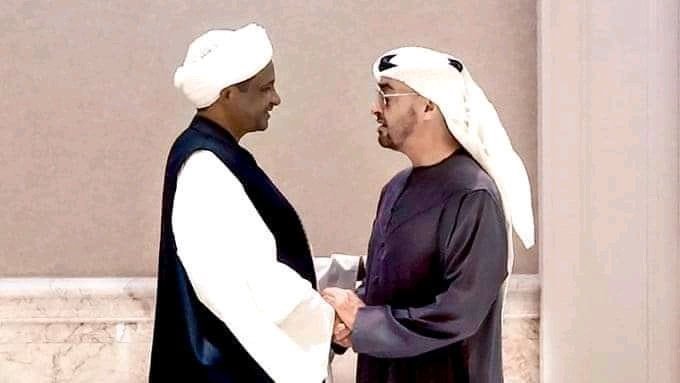In a turning point for Sudan’s ongoing tragedy, Khartoum stands today before the International Court of Justice, the UN’s top legal authority, accusing the United Arab Emirates of “complicity in genocide” for allegedly supporting the Rapid Support Forces (RSF).
This case, heard Thursday in The Hague, could reshape regional dynamics—not only in Sudan but across the Horn of Africa and the Gulf.
But what pushed Sudan to take this unprecedented legal step? Is this a breakthrough in state accountability for conflict support—or will legal technicalities bury the complaint before it even begins?
UAE in the Dock: Direct Support or Political Scapegoating?
Sudan’s army-aligned government accuses the UAE of violating the 1948 Genocide Convention by backing the RSF, which Khartoum holds responsible for grave atrocities:
-
Genocide and mass killings.
-
Widespread rape and forced displacement.
-
Public property destruction and systemic human rights violations.
According to Sudan, these acts were only possible because of the direct and sustained support allegedly provided by Abu Dhabi.
The UAE, however, strongly denies the claims, with a senior official—speaking anonymously—calling them “baseless and a misuse of the Court’s time.”
❓ A critical question arises:
Does Sudan have verifiable proof of a clear connection between UAE support and RSF crimes?
Or is this lawsuit a political move amid a regional power struggle involving multiple actors?
The Jurisdictional Minefield: Will the Court Even Hear the Case?
One of the main challenges is jurisdiction. When the UAE signed the Genocide Convention in 2005, it entered a reservation on Article 9, which allows states to bring disputes before the ICJ.
Michael Becker, international law scholar at Trinity College Dublin, recently wrote that this reservation could give the Court grounds to dismiss the case for lack of jurisdiction.
But Sudan argues that the UAE’s reservation contradicts the Convention’s core purpose: preventing the world’s most heinous crimes regardless of political boundaries.
❓ The legal dilemma is clear:
Will the ICJ assert its authority to hold states accountable, regardless of reservations?
Or is international justice still at the mercy of sovereign politics?
Beyond the Courtroom: Darfur as a Lingering Global Failure
This case goes beyond a bilateral dispute. It reignites attention on the long-suffering Darfur region, where the RSF stands accused of ethnic cleansing amid ongoing conflict—and a disturbing international silence.
Ironically, the U.S. itself has accused the RSF of committing genocide in Darfur and has imposed sanctions on both the army and the paramilitary forces.
❓ Is Sudan’s ICJ move a bid to galvanize a new international front against the RSF?
And can international law truly end the cycle of impunity in African conflicts?




